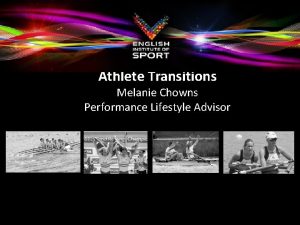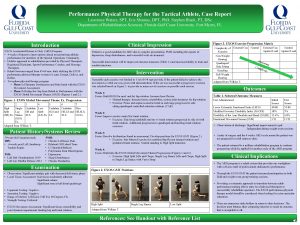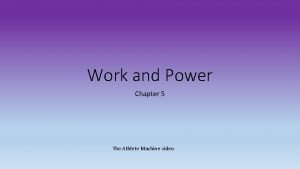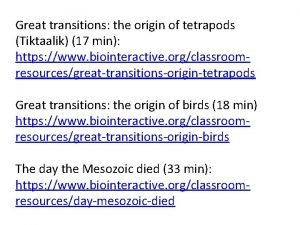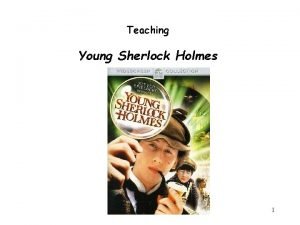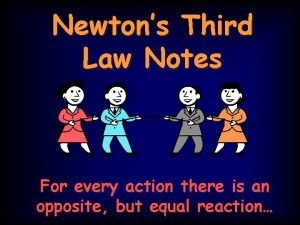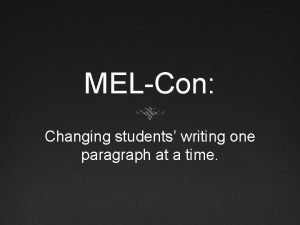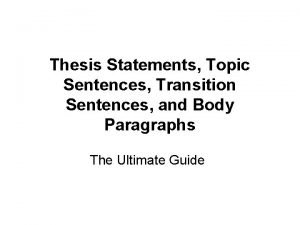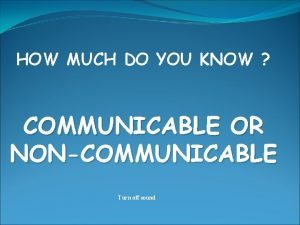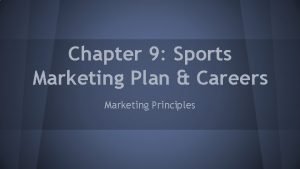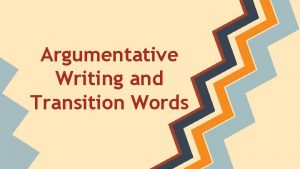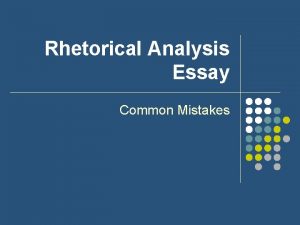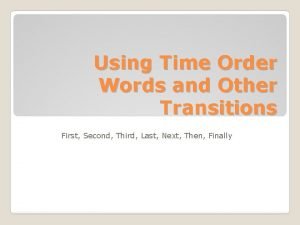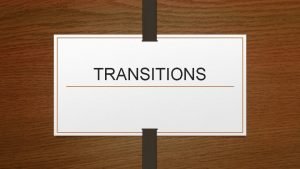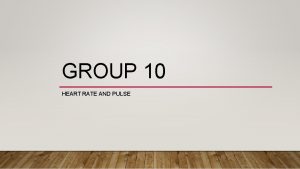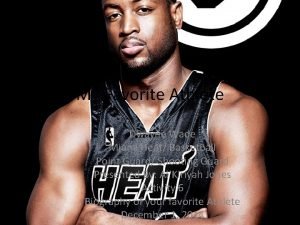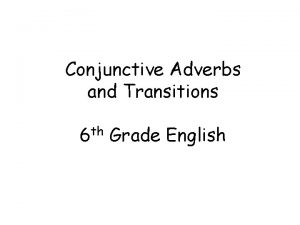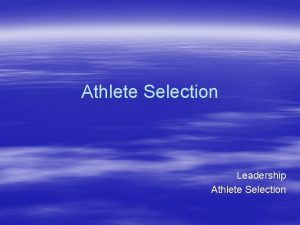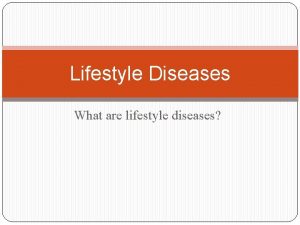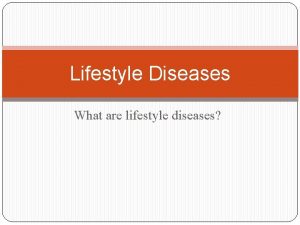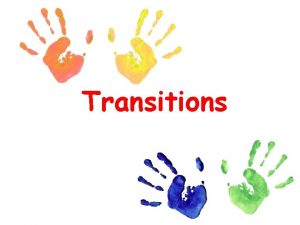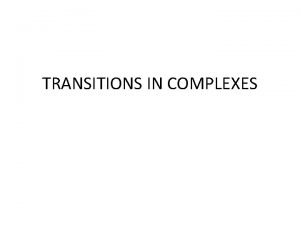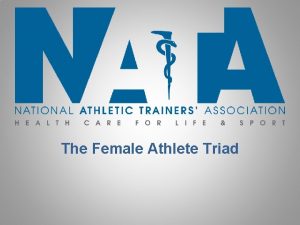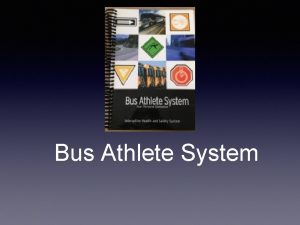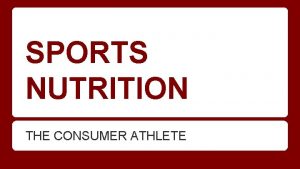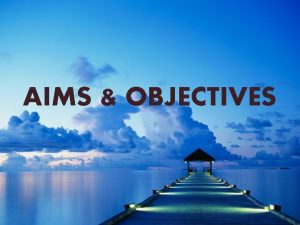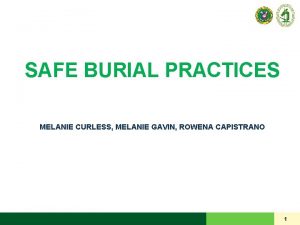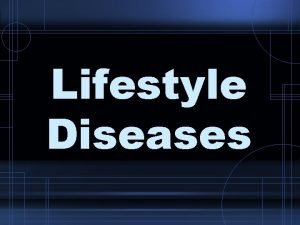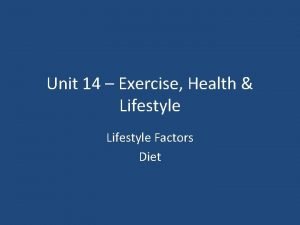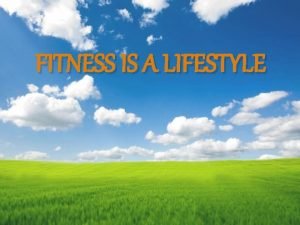Athlete Transitions Melanie Chowns Performance Lifestyle Advisor Aims


























- Slides: 26

Athlete Transitions Melanie Chowns Performance Lifestyle Advisor

Aims and Objectives 1 • What is meant by Transition? • Models of Transition 2 • Identify examples of transitions within an athletes career • Task Activity • Possible Negative impact of poorly managed transitions 3 • Looking at Case Studies of University athletes in Rowing Programme • Task activity 4 • Dealing with Transition • Possible Support Mechanisms • What can you do differently?

What is a transition? A transition has been defined as an event which results in a change in assumptions about oneself and the world and requires a corresponding change in behaviour and relationships. (Nancy Schlossberg, 1981)

The Model of Human Adaptation to Transition Schlossberg 1981 Models of transition endeavour to describe how individuals respond to change, either in their own lives or environment There are many types of change and varying degrees of impact. Not all changes cause transitions and transitions can be positive as well as negative. Most transitions are associated with significant life events – changes to the individuals role or environment that require radical restructuring of the individuals view of themselves and their world

Transitions The process takes longer than most people expect, typically 6 -12 months, sometimes longer

Types of Transitions (Schlossberg, 1984) Normative • Athlete exits one stage and enters another • Predictable and anticipated • Part of a definite sequence of age related biological, social and emotional events or changes • i. e. junior to senior, regional to national, amateur to professional, active to retired Nonnormative • Do not occur in a set pattern or schedule but are the result of important events that take place in an individuals life. • Unpredicted, unanticipated and involuntary, non events • i. e. season ending injury, loss of a coach, unexpected cut from the team

Types of Transition Athletic Context Personal Development Context Initiation stage - Talent recognised and confirmed Psychological Development stage – athletes become more dedicated and training and specialisation increases Psychosocial Mastery or Perfection stage – reaching the highest level of athletic proficiency Discontinuation Academic Vocational

Wylleman & Lavellee, 2004 AGE Athletic Level Individual Level Psychosocial Level Academic Vocational Level 10 15 20 25 Perfection Mastery Initiation Childhood Adolescence Parents Siblings Peers (Young) Adulthood Higher Education 15 20 35 Discontinuation Family (Coach) Partner Coach Primary Education 0 30 Professional Career 25 30 35

Key Rower transitions Relocation School to University Junior to Senior Healthy to injured Competing to retirement

Key Transitions Junior to Senior School to University Relocation to centralised programme Healthy to Injured Normative & Nonnormative Competing to Retirement

Key Transitions Junior to Senior • New training loads • Higher frequency of training • More preparation for competition • Higher expectations • Increased costs • Family / friends conflict • Perception of less fun • Coach /parent/athlete triad • How to be elite • Selection / non selection School to University • Subject choices • University choices • Adjustment to campus life • Conflict with sport /course work / Exams • Time Management / work overload • Making new friends • Financial hardship Relocation to centralised programme • Financial • Finding somewhere to live • Moving away from home and support network • Conflicts with house mates • Distance to training • Having to find work • Sponsorship • Integration Into squad • Sport / Life balance Healthy to Injured • Time to think • Frustrations • More free time? • Conflict management Normative & Nonnormative Competing to Retirement • Adjustment difficulties / Grieving • Identity issues • Coping Strategies • Pre Retirement planning and career exploration • Job Acquisition • Financial concerns and expectations

Key School/ University Time Transitions Most common issues Year 1 – Year 2 School to University • Rowing or University discussions • Training overload - fatigue • Injury management • Understanding rest / recovery and nutrition • Completing A levels around training and going on camps = stress • Feeling isolated • Who has control / influence? Parents or coaches / GB • Not enough help with practical support – i. e. boat transportation, phone calls, places to stay when travelling • Pressure to travel to all competitions whilst at Uni, setting up conflict, recovery issues • Conflict between Uni Club and GB can create issues for athlete • Not enough flexibility to support combining rowing with study - both from sport and uni • Difficulty in managing relationships – new kid on the block (established hierarchy) Year 2 – Year 3 • Exam conflicts with training camps • Mental breakdown of stress of combining rowing and Uni • Defer final year? • Understanding reporting lines and responsibilities. Who is line manager? • Clear understanding of what are real priorities – rowing v uni. What is going to make a genuine real difference

Athletes who have failed to cope with transitions in their careers 'I ate so little I'd feel faint during training': How one of Britain's brightest Olympic hopes gave up her sport to save herself from anorexia London 2012 drove me to suicide attempt says Olympic winner Tasha Danvers

Positive and Crisis transitions Positive Transitions Crisis transitions • Athlete makes a relatively quick and easy adjustment to the demands of a given transition • Usually occurs if the athlete has the necessary pre-requisites from an earlier transition e. g. theoretical and practical knowledge, skills and attitudes. • High motivation, positive attitude and coping strategies and is in a positive psychological climate • Occur when the athlete has to make a special effort in order to successfully adapt • Inability to adjust creates symptoms of low self esteem, emotional discomfort, increased sensitivity to failure, disorientation in decision making and confusion

Factors Associated with the Transition Process Negative Adjustment Factors • • Unplanned Forced out Poor Performance Strong Athletic Identity Little Assistance Lack of options Lack of coping resources Financial Difficulties Positive Adjustment Factors • • Planned Voluntary Achieved goals Low Athletic Identity Support network Balance and options Coping resources Financial planning

Case Studies Group Discussion and how to help athletes through transition

Real Life Transition Experiences with our Rowers Case Study Read the athletes real experience and discuss: • What are the possible issues facing this athlete in this transition and the implications of those issues? • What as coaches could you do to help the athlete through this transition?

Real Life Transition Experiences with our Rowers Case Study 1 – From club rower to GB U 23 whilst at Uni • Athlete X is at the end of her first year at university and rowing for her boat club. • She has end of first year exams ahead. • She trains largely by herself with a programme set by her club coach • She goes to GB trials and finishes as one of the top U 23’s and is selected into the squad.

Real Life Transition Experiences with our Rowers Case Study 2 – From social rower working and at uni to rower on the Start Programme • Athlete Y rows socially for the first two years of university. • She works full time in the holidays to pay for being at uni. • In year 3 she starts on the Start programme and has no time for work to increase her income due to rowing commitments. • She has to catch up on uni work in the evenings and in the holidays.

Real Life Transition Experiences with our Rowers – Case Study 1 Issues Possible Coach Support • Expectation to travel every weekend in last term • Impact on exams • Increase in training volume and new programme • Conflict with uni work – huge time pressure • Less free time / uni life impact • Difficulty in integrating into squad • Assign Mentor • Build in flexibility into training programme • Negotiate flexibility with Tutors • Provide practical support in terms of transport, regular contact • Plan well and communicate efficiently. Minimal travel option? • Educate athlete around over training risks and nutrition • Trust athlete issue

Real Life Transition Experiences with our Rowers – Case Study 2 Issues Possible Coach Support • No money, so stressful when she has to travel to camps / training and call coaches • Pressure on parents to provide additional finance, stretching them and stressing the athlete about asking them for help • Has to buy a single scull! How? • Course work suffers and goes from 1 st’s to 2: 1’s • Working 18 hours on training and study and rest / recovery suffers • • Coaches to understand what grants are available Coaches to use PL pack for sponsorship advice Coaches to help find athlete good paid coaching jobs – small time commitment, high pay Practical support – transport, coaches call athlete Good communication across all parties Understand financial implications and plan ahead to athlete can plan finances better and get deals. Bring in impartial support

Potential support mechanisms and Coping Strategies Strong social support Develop Transferable skills/ personal development Counselling and support Transition Shared Knowledge and experience Plan ahead for transition Education and career guidance

The Magic Questions!! • • • • • What’s the issue (clarify the goal) What makes it an issue now? How important is it on a scale of 1: 10 How much energy do you have for a solution on a scale of 1: 10 Tell me a bit about the difference in the scores? What would you want the energy score to be? Who owns the issue/problem? What are the implications of doing nothing or of letting things carry on as they are? What have you already tried? What’s your own contribution to the problem (or how are you getting in the way of this? ) In an ideal world what would be happening around this issue? What is standing in the way of that ideal outcome? What’s an example of when it went right and you were motivated to do it? Imagine you at your most resourceful, what do you say to yourself about this issue? What are the options for action here? (you might try brainstorming) What criteria will you use to judge these options? Which option seems the best one against those criteria? So what’s the next step / first step? When will you take it on? How could I help to ensure you do this?

What can you do as coaches to assist in transition process • • • Encourage planning for transition and effective time management and provide information as early as possible to support good planning Encourage open and frank communication between all parties – assist them in combining sporting & academic excellence and in developing career and life skills Negotiate for and provide flexibility Provide practical support Link up athletes / mentor role Athlete education in the training process to prevent injuries and over training – quick recognition of this Support and advise athletes as well as providing them with the opportunity for independent decision making Use the Performance Lifestyle Manual to assist athletes in other transitions i. e. job search, financial planning, time management tools Ask the “What? ” questions when counselling / mentoring athletes to support athlete accountability

Summary • Sports careers correspond to a sequence of transition phases – each is a process not a single event • The transition phases occur within their athletic, psychological, social, academic and vocational development. • We must link the demands of each particular transition with the resources available to the athletes to support them to make each transition successfully • Provide practical and psychological support to help them develop their life skills and coping strategies to deal with future transitions • In this way we can assist rowers at all development levels, stages or transitions to move successfully throughout their sporting career

Thank you
 Performance lifestyle advisor
Performance lifestyle advisor Modified tactical athlete performance assessment
Modified tactical athlete performance assessment Lifestyle performance profile
Lifestyle performance profile The athlete machine
The athlete machine Great transitions the origin of tetrapods
Great transitions the origin of tetrapods Occupational athletics
Occupational athletics Rame tep meaning
Rame tep meaning Olympic athlete
Olympic athlete Head bumps ball reaction
Head bumps ball reaction Tlq transitions
Tlq transitions Melcon paragraph
Melcon paragraph William bridges transitions model
William bridges transitions model Transitions for topic sentences
Transitions for topic sentences Rabia transitions
Rabia transitions Venn diagram communicable and noncommunicable diseases
Venn diagram communicable and noncommunicable diseases Weller health transitions
Weller health transitions Sports team marketing plan
Sports team marketing plan Argumentative transition words
Argumentative transition words Transitions for rhetorical analysis
Transitions for rhetorical analysis Time order transitions
Time order transitions Logical transitions
Logical transitions Video movie
Video movie Asian transitions in an age of global change
Asian transitions in an age of global change Pulse rate group
Pulse rate group Subir sachdev quantum phase transitions
Subir sachdev quantum phase transitions My favorite athlete is
My favorite athlete is Adverb transitions
Adverb transitions
